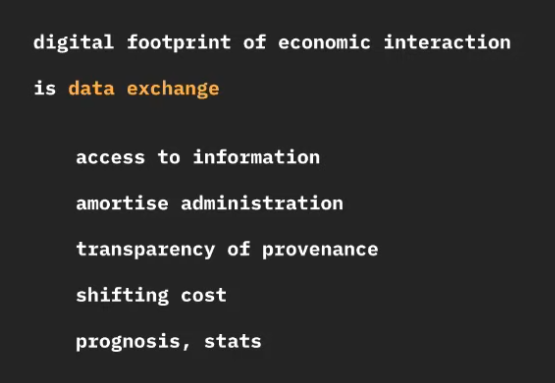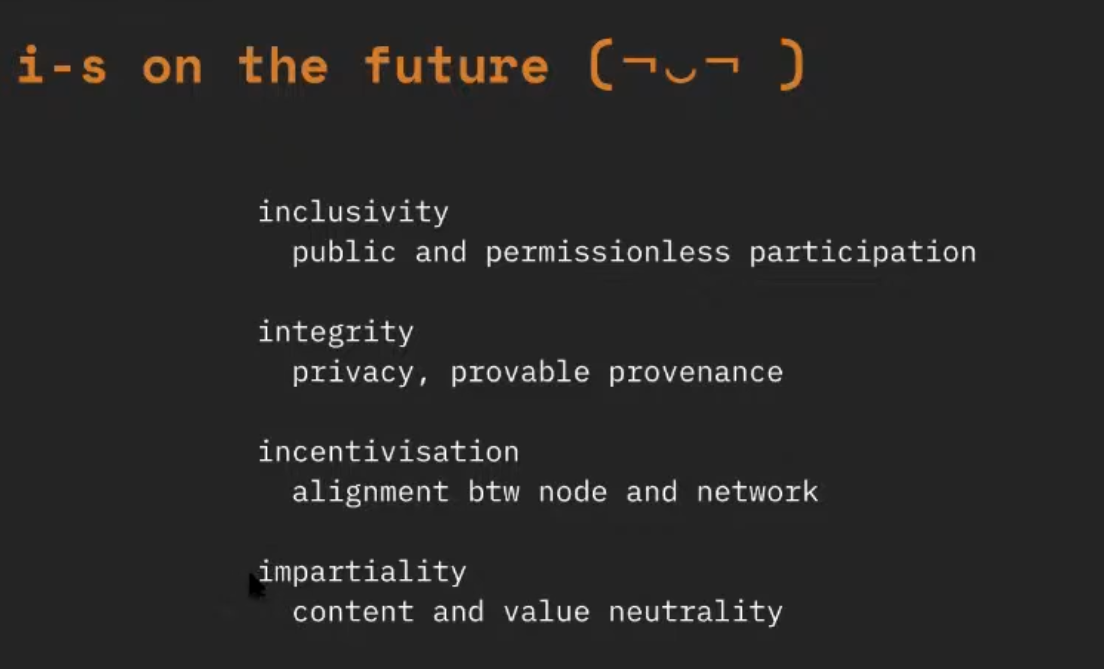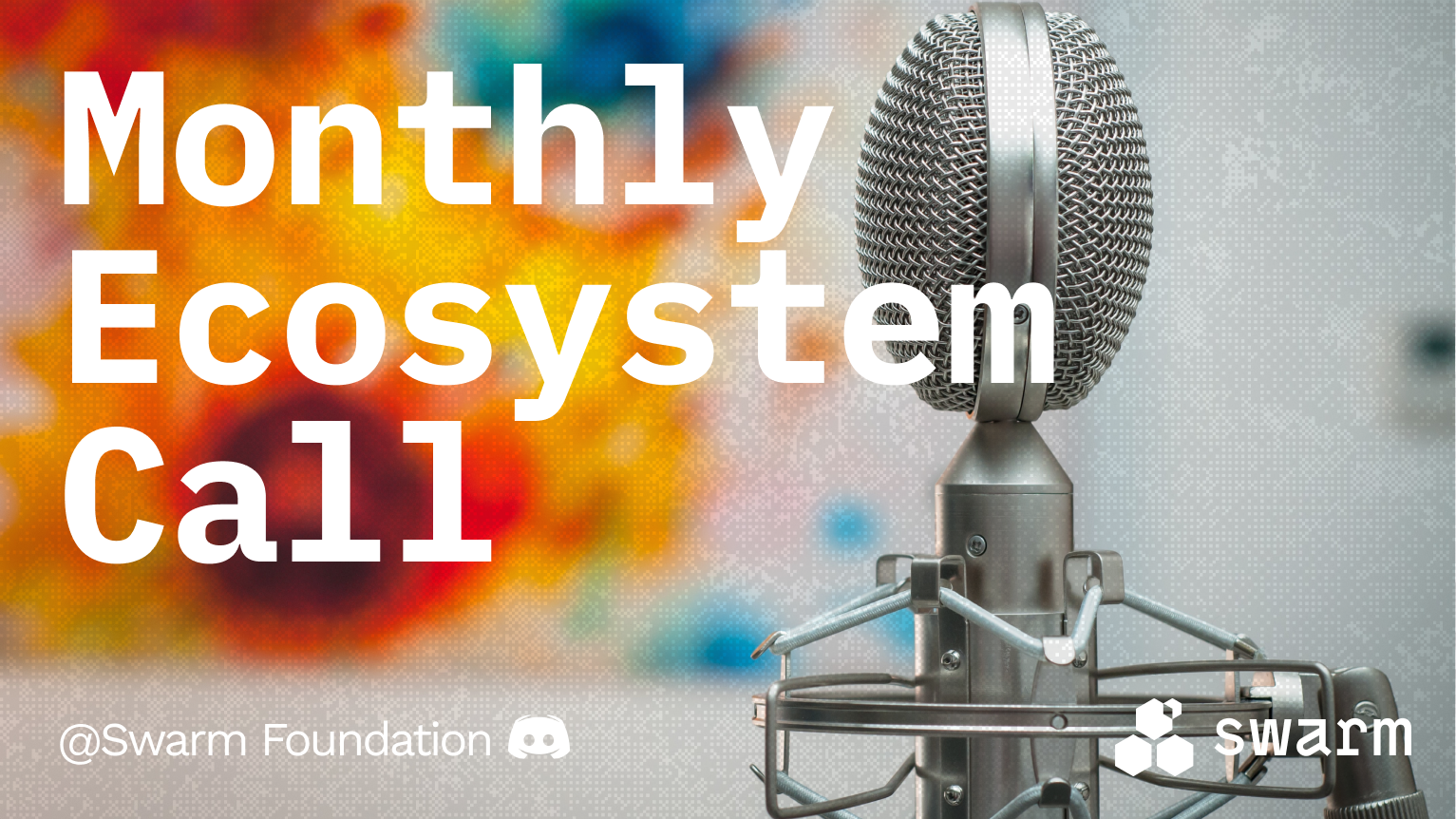The text below is a recap of Viktor Tron’s talk from the We Are Millions Hackathon (WAM) and Festival. You can listen to the entire talk here.
One of the defining traits of a self-sovereign society is that it interacts globally through a digital medium, freely and fairly, said Viktor. Unfortunately, unequal distribution of resources acts as a restriction on equality, because it follows the law of distribution — a small minority owns the majority of resources and vice versa.
Our best bet, according to him, is to increase productivity and lower entry barriers, which can be done through technologies. “That’s why waging war is so last century,” he added. Societal change, therefore, needs to focus on decentralisation of resources to reduce corruptibility.
Smooth data exchange is vital for greater economic prosperity
He continued by explaining what constitutes global and free data markets. In his opinion, the digital footprint of economic interaction is data exchange.

In order to make decentralised Ubers and Airbnbs, different aspects of data exchange need to work. If we can increase the efficiency of the data exchange, we can improve the efficiency of global markets and increase prosperity, he believes. Data exchange is crucial in supporting economic activities
For that we need information to be globally accessible and costs need to be shifted to the users, which greatly reduces starting capital requirements, i.e paying for hosting costs.
The four “i”s of data exchange
In the data economy participants need to discover and connect with each other and maintain their reputation. This enables quality assurance and credible accounting in the actual exchange in a trustless setting.
These data exchanges are based on the four “i”s:
- They must be inclusive (everyone must have access to it through zero-cost participation and with no gatekeepers to discriminate between the users).
- Data must have integrity (is private; data, its attributes and source have provable provenance),
- Incentivisation is crucial for these data-exchanging systems to remain self-sustaining by balancing the supply and demand side of the equation.
- Impartiality provides an unbiased infrastructure.

According to Viktor, we can expect a gradual transition to Web3 in certain dimensions of the economy, such as finance, media and in supplying goods and services. This trend is already visible in, for example, finance with the rise of the DeFi sector. Developers should consider these sectors when developing new software and think about what should be done first (for example, develop a decentralised Dropbox first before moving on to Facebook).
Swarm — an agile storage and execution environment
He then briefly contextualised Swarm as part of Etherum’s world computer and “holy trinity”. It extends the blockchain as the world’s data storage and communication layer, or as he put it, “the OS of the Web and its kernel”.
He followed with a quick overview of the open (re)source idea, that focuses on the complete agile application development cycle. In this regard, Swarm contrasts starkly with the web server farms, because the infrastructure that provides data storage also provides an application execution environment. It offers data exchange primitives, which can be combined to provide a strong feature offering.
He rounded the talk off with how the planned incentives scheme will enable the Swarm network to provide a self-sustaining and auto-scaling environment.
Discussions about Swarm can be found on Reddit.
All tech support and other channels have moved to Discord!
Please feel free to reach out via info@ethswarm.org
Join the newsletter! .

